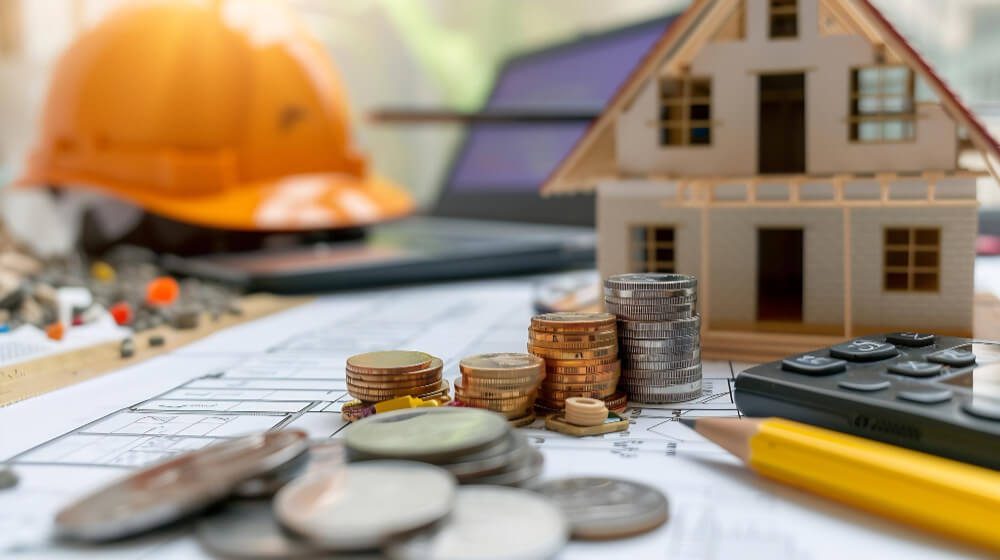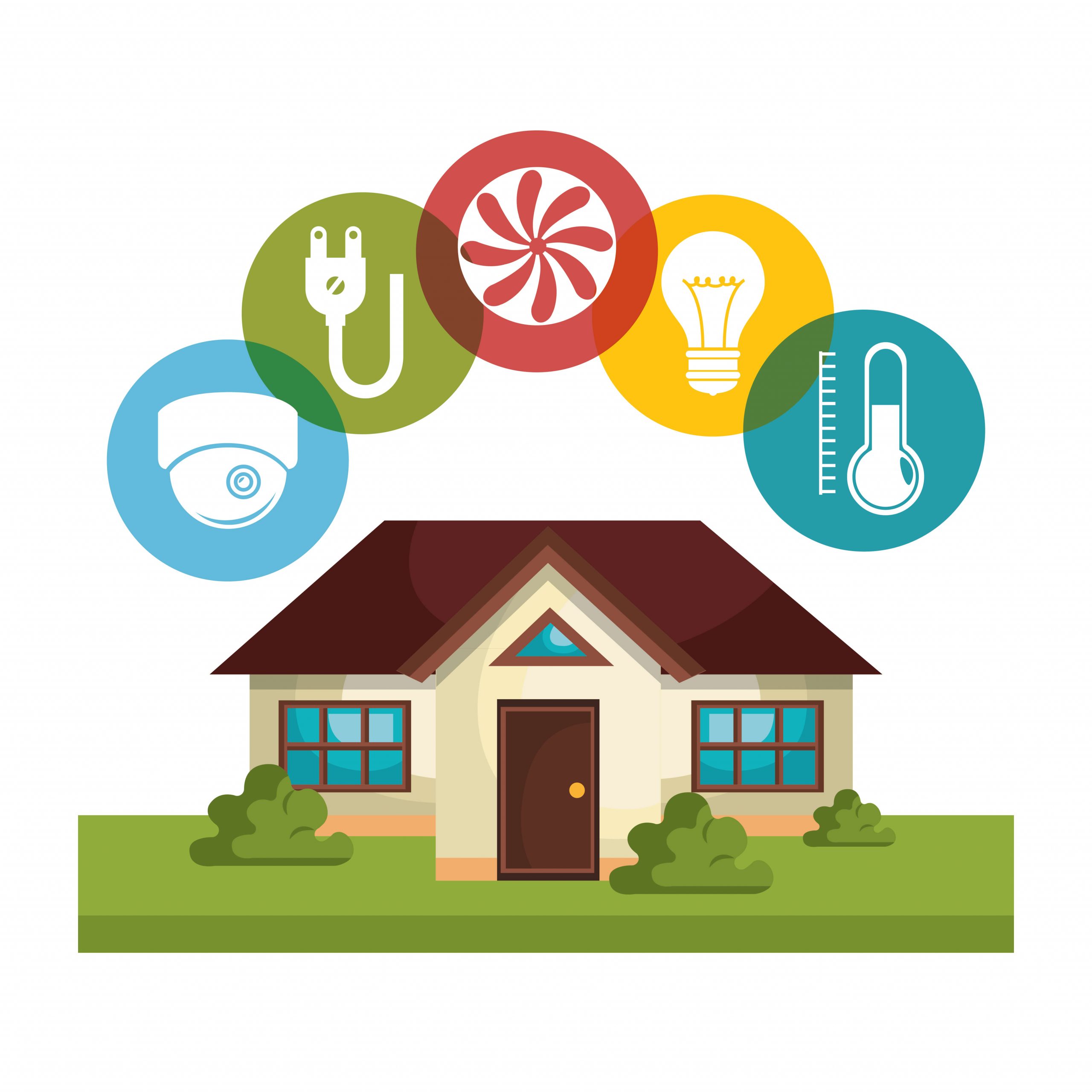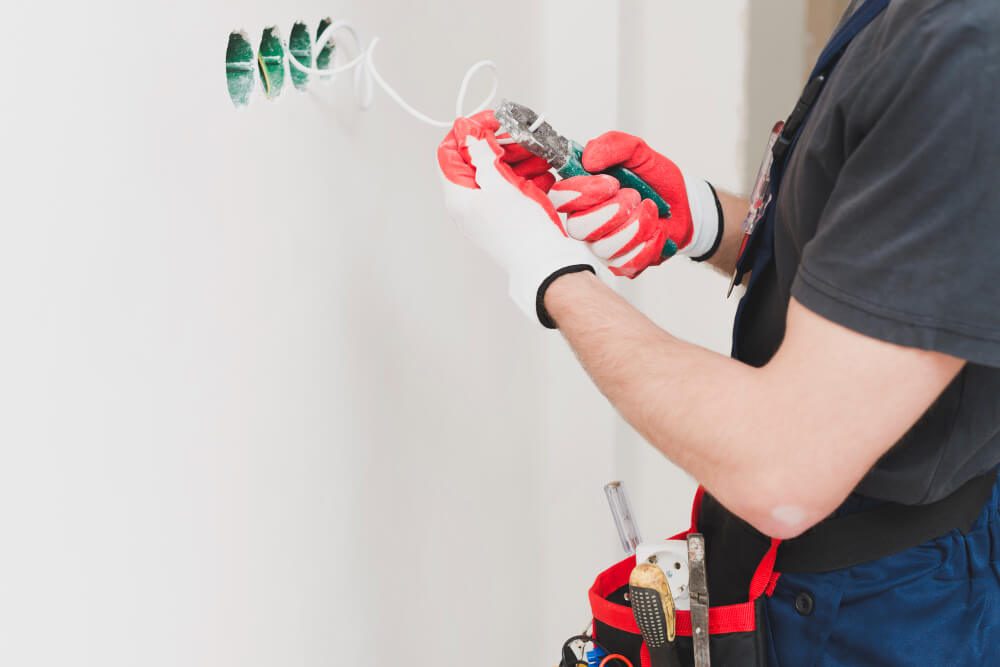Top blog articles
Thinking about buying a new home? Don’t forget to research the utility bills in the new area. The cost of electricity, heating, water, and gas can add considerably to your monthly budget. That’s why, it’s smart to estimate utilities by address before you move in. That way, you’ll not be in for a surprise (shock actually!) later.
How can you estimate utilities by address?
If you’re wondering about the utility costs for a home you’re planning to shift to, there are easy solutions to find out. A good real estate agent can help you get past utility bills from the home seller. The seller may share with you the billing history for electricity, water, gas, oil, trash, and cable. While their energy usage habits might differ from yours, you’ll still get a rough idea of the costs of water, sewer, and electricity supply.
Another way is through home energy assessments. This audit helps you calculate the overall energy efficiency of your home. This assessment looks at how your home uses energy, where it’s not doing so well, and what you can do to make it more energy-efficient. It’s a smart move to get this assessment before you make any changes to your home, such as adding solar panels or a sunroom. Think of it as the first step in making your home more energy-friendly!
Estimating utilities for a new home can also be done by reaching out to the local utility companies, who can often provide the average monthly usage and cost for specific addresses or similar single-family homes in the area.
You can also use online tools that estimate utility costs based on zip code. These tools rely on public data, allowing you to input details like location and household size to get an estimate of your potential monthly bills. Some people even use a US Address Generator to test or compare costs for different regions before deciding where to move. And remember, larger homes typically come with higher utility costs, so keep that in mind if you’re considering a bigger property!
What is the average cost of utilities?

Utility costs can be different depending on various factors. For instance, it’s cheaper to heat and cool a small apartment than a big house. The cost of living, including utilities, is generally lower in small towns than in big cities. And, some states are more expensive than others.
Here are the national averages across the U.S.
- Electricity: $118/month. This amount varies depending on where you live. In some places, you can choose your electricity provider, while in others, there’s only one.
- Natural gas: $6 to $21/year. Like electricity, natural gas prices vary based on location and whether you choose a supplier.
- Water: $71/month for a family of four. Water bills depend on the number of people in your home and where you live.
- Internet services: $68.40/month. Internet services vary in speed and price, and you may have different options depending on your location, requirements, and the service provider.
- Cable: $217.45/month. Cable bills are rising as more people switch to streaming services. The cost depends on your provider and the package you choose.
Also, don’t forget about homeowners and renters insurance. While not a utility, it’s essential to budget for these. The national average for homeowners insurance is $1,211/year, and for renters, it’s $180/year.
Is there a utility checklist for a new home?
Yes. Before you move to a new neighborhood, whether as a homeowner or a renter, make sure you sign up for some basic utilities. These include:
- Electricity: If it’s not included in your rent, buy it at the first instance. If you’re buying a home, you’ll have to arrange this yourself.
- Gas: Check if your new home uses natural gas. If it does, sign up for gas service.
- Water/Sewer: Some rentals include it, but not all. If you’re buying a home, you’ll need to set this up.
- Trash and garbage collection: Your city might cover it, but if not, set it up and pay for it.
- Internet: It’s almost a necessity nowadays, especially for remote work.
- Cable: If you want it, be ready to pay extra. Some rentals might include it though.
- Homeowners/Renters insurance: It’s not a utility, but is as important. Landlord’s insurance won’t cover your stuff if you’re renting. Homeowners insurance is a must if you’re buying a house.
- Additional fees: This includes HOA fees for houses/condos and extra charges for pets or parking.
What are the factors that affect the total utility expenses?

Several factors impact your utility bills, and knowing them can help you estimate costs. Location is key – utilities vary by zip code, and climate plays a big role too, with colder areas seeing higher heating bills and warmer regions having higher cooling costs.
The number of people in your home also affects your bills, as more people mean more water and electricity use. Single-family homes tend to have higher utility costs than apartments, especially larger ones that take more energy to heat and cool. Lastly, older appliances and systems, such as an outdated water heater, can drive up energy use.
How can you save money on utilities?
Here are some great ways to spend less on utilities such as electricity, natural gas, water, and sewer.
Electricity bills
- Use ceiling fans more often instead of cranking up the air conditioning.
- Switch to LED lights.
- Pick a programmable thermostat.
Gas expenses
- Seal up your home with good weather stripping.
- Insulate your water heater and pipes.
- Install an automatic shutoff in your shower.
- Do a home energy audit to find more gas-saving ideas.
Water, sewer, and trash costs
- Take shorter showers with a low-flow showerhead.
- Turn off the tap when not required.
Internet bill and cable bill
- Bundle internet, cable, and phone services.
- Choose a cheaper plan.
- Buy your modem instead of renting.
- Go for a basic cable package.
What is the smartest way to reduce utility costs?
With climate change in mind, it’s important to consider green appliances. They not only help the environment but can also save you good money. If a home already has Energy Star appliances, you can look up their energy efficiency ratings. Even if it doesn’t, you can invest in eco-friendly options yourself.
And there is more good news: the government’s Inflation Reduction Act makes solar panels and energy-efficient appliances more affordable. You can get tax credits and rebates for these projects. For example, the law includes $14,000 in rebates for buying heat pumps and energy-efficient appliances. Plus, there’s a 30 percent tax credit for installing rooftop solar panels. Installing solar panels can save you a significant amount on electric bills—up to $10,000 to $30,000 over a lifetime.
Last thoughts
When moving to a new home, one of the biggest questions you’ll face is: How much will I spend on utilities? It’s easy to overlook, but understanding your monthly utility costs is essential for managing your monthly budget. Whether you’re a homeowner or a renter, estimating utility bills by address will help you avoid surprises and plan better financially.
But, how much do utilities cost, on average? Your monthly utility bill depends on the type of home you have, how many people live with you, and your lifestyle. The rule of thumb is to estimate utilities by address so that you can figure out whether you can afford a home in that neighborhood or not. And, if you’re getting a good deal on utilities.
FAQS
What services qualify as utilities?
Utilities are essential services for people, and they can be provided by the government or private companies. This includes things such as water, cable, and internet.
How can I estimate my monthly utility costs?
You can estimate your monthly utility costs by reviewing past bills, considering the size of your home, and factoring in the local rates for utilities.
How can I compare utility providers?
You can compare utility providers by researching their rates, customer reviews, and available services. Some areas may have multiple providers for certain utilities.
Are utilities cheaper in an apartment?

Yes, usually. If you’re looking at apartments or condos versus single-family homes, utilities are generally less expensive in apartments. The primary reason is that apartments are generally smaller than houses, so cost less to power. Also, apartment complexes can get better rates for utilities. And, sometimes, the rent includes some utilities, which can save you money.
What is the average electricity bill for a 3-bedroom and a 4-bedroom house?
The average monthly energy bill for a 3-bedroom house in the United States is around $150 to $200. For a 4-bedroom house, it could be slightly higher, ranging from $180 to $250 per month.
What is the average household bill per month?
The average household monthly bills in the United States typically range from $300 to $500 or more for electricity, water, heating, cooling, and other utilities. Do keep in mind that the total costs depend on location, household size, energy efficiency measures, and individual consumption habits.









